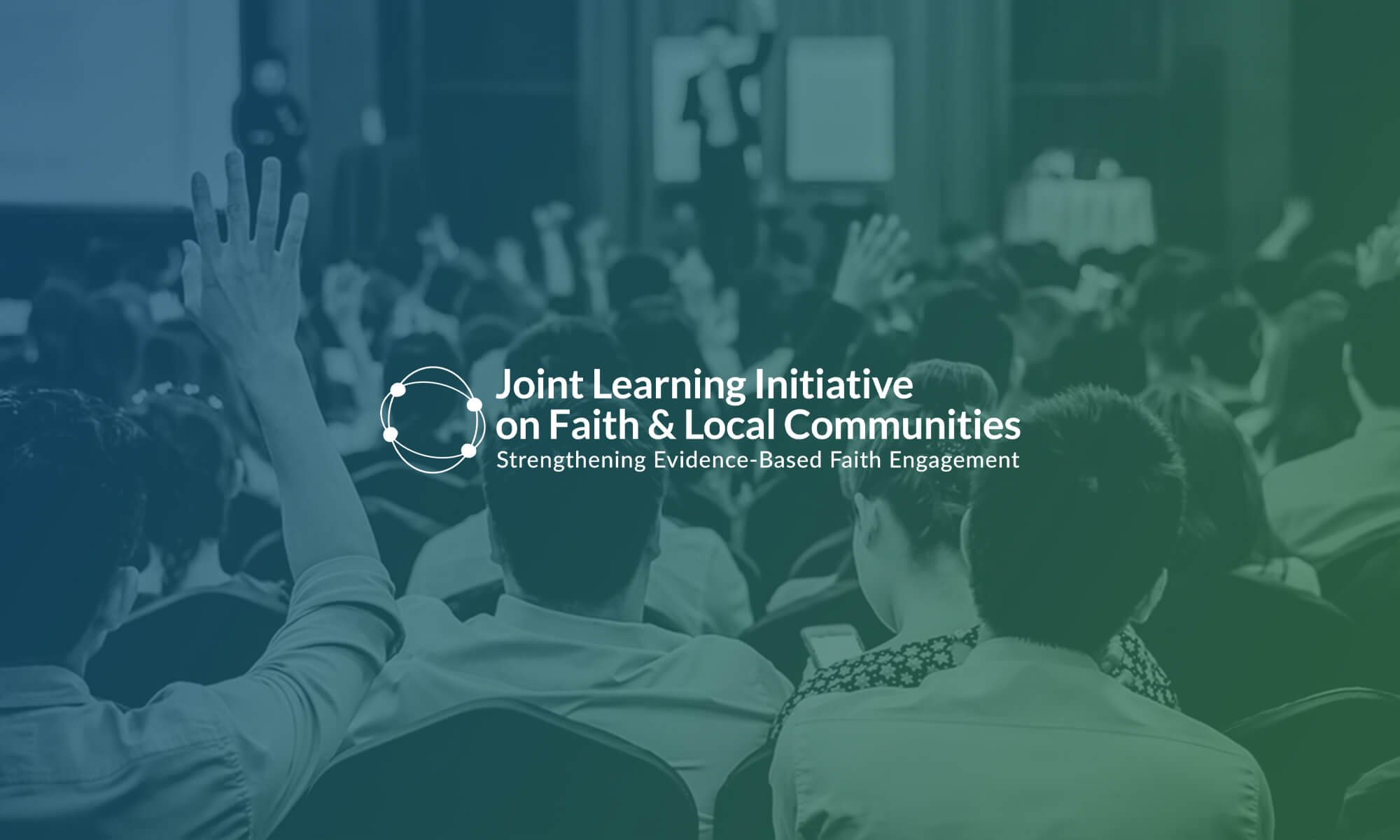|
It is widely recognized that civil society plays an important role in improving the economy, health, and security around the world. Yet, only four of the 70 countries included in USAID’s Civil Society Organization (CSO) Sustainability Index have civil society sectors that were deemed financially sustainable.
Donors have traditionally focused civil society support on short-term objectives, with concerns for sustainability addressed only at a project’s end. Rarely is CSO sustainability part of the initial design. Can development partners strengthen local organizations to be financially independent and mission-driven, especially in a time of shrinking donor funding?
Fortunately, some CSOs have succeeded in breaking the donor dependency cycle. Using a range of examples from village polytechnics in Kenya to healthcare associations in Afghanistan and rural utility providers in the Philippines, we will examine how they did it and how we can use these lessons to influence how development projects should be designed and how they should engage local CSOs differently.
|
